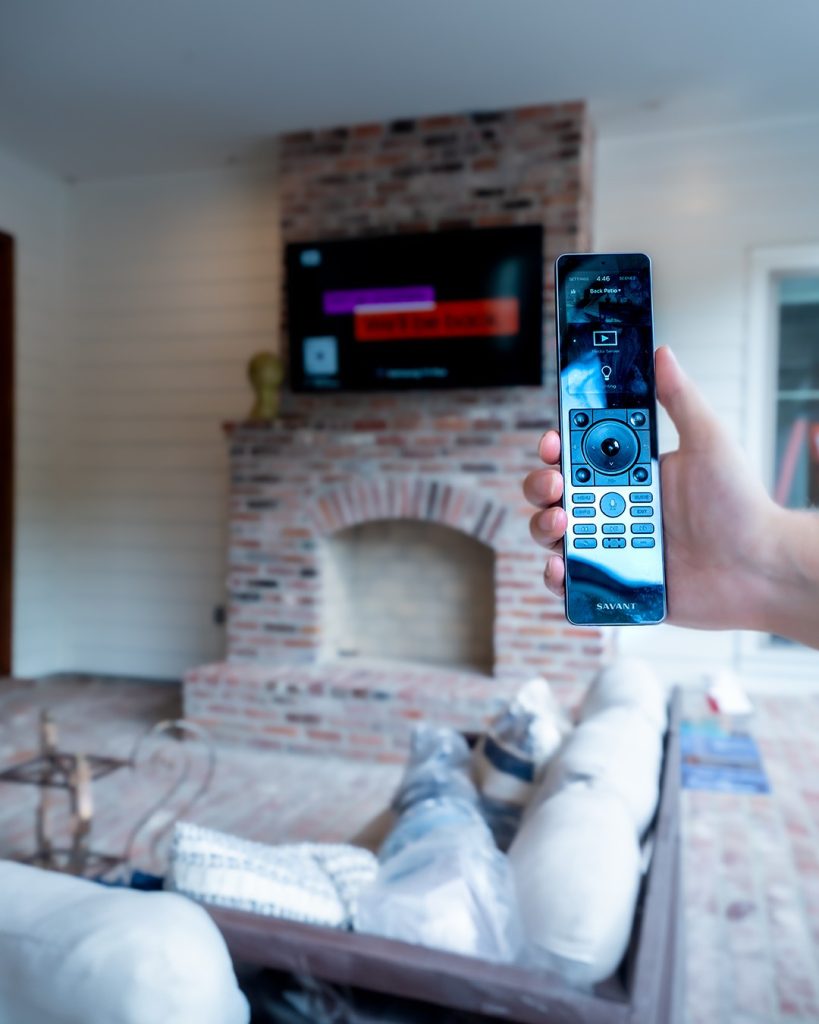Smart security systems are ushering in a new era of home safety by leveraging the power of artificial intelligence AI to provide comprehensive and intelligent protection. Traditional security systems relied on static cameras and motion sensors, offering limited functionality and often leading to false alarms. However, AI-driven smart security systems are changing the game by enabling real-time analysis of data and the ability to differentiate between normal household activities and potential threats. These systems use advanced algorithms to learn and adapt to the unique patterns of a home, reducing false alarms and enhancing overall security. One key component of AI-driven home security is computer vision, which allows cameras to not only capture footage but also understand the context of what is happening. This means that rather than simply detecting motion, these cameras can recognize specific objects or people and discern whether their presence poses a threat. For example, an AI-powered camera can differentiate between a family member and an intruder, sending alerts only when necessary. This level of specificity enhances the effectiveness of home security measures, providing homeowners with a more accurate and reliable means of monitoring their property.
Moreover, smart security systems often incorporate machine learning algorithms that continuously evolve and improve over time. These algorithms analyze data from various sensors, such as door/window sensors, smart locks, and environmental sensors, to identify patterns and anomalies. By learning from daily activities and adapting to changes in the home environment, AI-driven security systems become more adept at predicting and preventing potential security breaches. This proactive approach is a significant advancement over traditional systems, which often rely on reactive measures and can be easily circumvented. The integration of AI with other smart home devices further enhances the overall security ecosystem. For instance, AI can collaborate with smart lighting systems to simulate occupancy when residents are away, deterring potential intruders. Additionally, AI-powered doorbell cameras can not only provide a live feed of visitors but also analyze their behavior, distinguishing between a neighbor dropping by and a stranger lurking around.
 This level of sophistication in threat assessment significantly reduces the chances of false alarms, allowing homeowners to respond promptly to genuine security concerns. Privacy concerns are addressed through the implementation of privacy-centric features in AI-driven security systems. Advanced encryption, local processing of data in AVSS security system installation Baton Rouge, and user-controlled access ensure that sensitive information is protected. Homeowners can have peace of mind knowing that their security system is not compromising their privacy. In conclusion, AI is revolutionizing home safety by transforming traditional security systems into intelligent, adaptive, and proactive guardians. The integration of computer vision, machine learning, and smart home devices creates a comprehensive security ecosystem that not only detects and responds to potential threats but also learns and evolves over time. As technology continues to advance, the future of home security lies in the hands of AI, providing homeowners with unprecedented levels of protection and peace of mind.
This level of sophistication in threat assessment significantly reduces the chances of false alarms, allowing homeowners to respond promptly to genuine security concerns. Privacy concerns are addressed through the implementation of privacy-centric features in AI-driven security systems. Advanced encryption, local processing of data in AVSS security system installation Baton Rouge, and user-controlled access ensure that sensitive information is protected. Homeowners can have peace of mind knowing that their security system is not compromising their privacy. In conclusion, AI is revolutionizing home safety by transforming traditional security systems into intelligent, adaptive, and proactive guardians. The integration of computer vision, machine learning, and smart home devices creates a comprehensive security ecosystem that not only detects and responds to potential threats but also learns and evolves over time. As technology continues to advance, the future of home security lies in the hands of AI, providing homeowners with unprecedented levels of protection and peace of mind.

